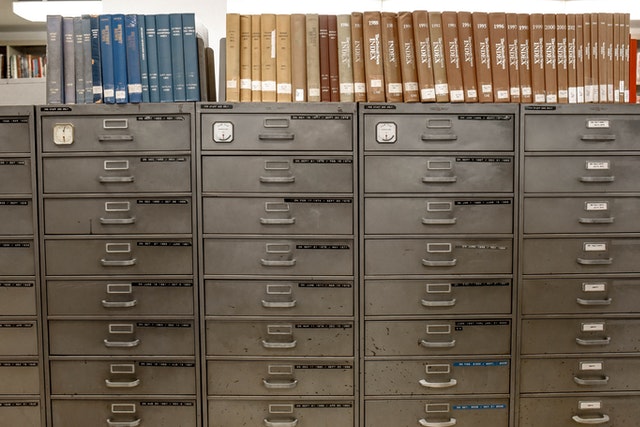Glen Callejas from the Culture and Audiovisuals Unit in Valletta, Malta reflects about a study visit to Intercult, Stockholm, March 2013.
.
“In a time of change, inspiration and focus are indispensable. In the terrain between the two is where I meet resourcefulness.”
.
This article is a condensed personal story of how the Maltese Cultural Contact Point is actively devising this meeting with resourcefulness through a Continuous Professional Development programme with INTERCULT in Sweden.
Read.
Glen Calleja in Stockholm
An artistic perspective of Stockholm
2014 should bring about significant changes in the landscape of European public funding for the creative industries with the introduction of the Creative Europe programme replacing the European Commission’s current Culture and MEDIA programmes. The precarious status in which old operational models and project development systems are now in provide us with a huge opportunity for reflection and for politically claiming new territories to our advantage. Or is this just over simplistic rhetoric by a bureaucrat in denial of a crisis?
Part of my job is to meet artists who need to translate project ideas, sometimes long-standing dreams, into concrete proposals for funding through European programmes. I often forget that the meeting has other dreams that are calling for realisation; my own dreams. In short, when at work, I often forget that I am more than a bureaucrat. But I digress…or perhaps not.
Hallonbergen – a suburb of Stockholm
We started the dialogue with INTERCULT as part of our Continuous Professional Development programme for 2013, with the hope of gaining new insights into concrete practices and operational strategies applied by an independent organisation in the cold cold North. The crossing from Malta, at the very periphery of Europe, to Stockholm in another periphery, is in itself significant in this learning process.
A second significant factor is the matching of the nature of the organisations. INTERCULT is an established organisation working in the field of advocacy for the arts on a European level, CCP (Malta) is hosted by a ministry and operates within the sometimes-rigid parameters of the public sector system. I was curious about how cultural projects were developed and implemented in Sweden, about the success of the Creative Industries in the North and the factors that promoted a culture of innovation there and, most of all, I wanted to know how Ida, Chris and Iwona saw INTERCULT developing in the coming years as the whole ‘Creative Industries’ change, I wanted to know their individual dreams and aspirations and how they meant to realise them.
Outside Filmhuset (The House of Film), Stockholm
In Stockholm we first met Ida who played the gracious guardian throughout the whole one week visit. She shared with us how INTERCULT operates and the projects they are working on at the moment. We asked a million nosy questions, sometimes nosy enough to be verging on the intrusive, but this was a unique opportunity for a bunch of three Mediterranean bureaucrats to get a peak into the wealth of experience and expertise built over the past 17 years.
Looking at the Slussen-project
Haninge Library
In Sweden we also took part in the River//Cities network meeting and visited a number of sites and projects focusing on urban development around waterfronts. The revamp of the area of Slussen with major infrastructural interventions presented a number of key issues relating to people(resident)- centred regeneration policy versus city planning strategies that prioritised the commercial regeneration of the area. How are the residents participating in the planning process and at what stage does one open the planning phase for outside contributions? This, the democratisation of the city planning process, was perhaps the most recurrent question in all the sites we visited with the River//Cities network. How can the Haninge library be more than a repository of books and be at the service of residents as a cultural space where people of different generations meet and socialise? How can Fargfabriken inspire reflections and experimentation on urban development? How does Kerstin Bergendal do to engage with residents in the Park Lek project? All of this provided us with lots of insightful discussions and useful reflections on principles that can be applied to almost any process be it city planning, funding proposal for one of the European Commission’s programmes or a simple audience development plan for an organisation.
In brief, we learnt a lot in a very short time.
Written by: Glen Calleja
Culture and Audiovisuals Unit, Valletta, Malta
.






